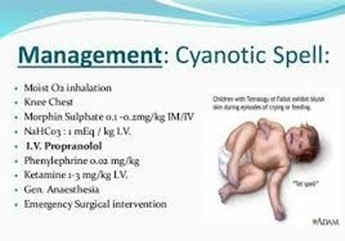A nurse is providing discharge teaching for a client who has non-Hodgkin's lymphoma and will be receiving outpatient chemotherapy. Which of the following instructions should the nurse include?
Use aspirin to treat minor pain.
Decrease fiber intake.
Apply heat to bruised areas,
Take a stool softener.
The Correct Answer is D
Choice A rationale:
Aspirin might increase the risk of bleeding, which is a concern during chemotherapy.
Choice B rationale:
Fiber intake should be increased to prevent constipation caused by chemotherapy.
Choice C rationale:
Applying heat to bruised areas might increase bleeding risk.
Choice D rationale:
Chemotherapy can lead to constipation, so taking a stool softener can help prevent this side effect.
Nursing Test Bank
Naxlex Comprehensive Predictor Exams
Related Questions
Correct Answer is A
Explanation
Choice A rationale:
A high-fiber diet is not recommended during acute inflammation, as it may be too abrasive for the inflamed bowel. Diverticulitis is a condition in which small pouches in the colon become inflamed and infected. A high-fiber diet can help prevent constipation and reduce pressure in the colon, which can aggravate diverticulitis.
Choice B rationale:
Soapsuds enemas are not typically used for diverticulitis. They can cause irritation and discomfort.
Choice C rationale:
Bending at the waist has no effect on diverticulitis and is not a relevant instruction.
Choice D rationale:
Fluid restriction can lead to dehydration and constipation, which can exacerbate diverticulitis. A client with diverticulitis should drink plenty of fluids to stay hydrated and soften the stool.
Correct Answer is B
Explanation
Choice A rationale:
Morphine subcutaneously can help reduce anxiety and stress, but supplying oxygen is the priority intervention.
Choice B rationale:
During a hypercyanotic spell ("tet spell"), the infant's oxygen levels drop, leading to cyanosis (blue skin) and distress. Administering oxygen can help improve oxygen saturation and alleviate the spell.
Choice C rationale:
Calming and soothing the child may not be sufficient to address the oxygen saturation issue during a hypercyanotic spell.
Choice D rationale:
Placing the infant in a knee-chest position can help improve blood flow, but administering oxygen should be the initial step.

Whether you are a student looking to ace your exams or a practicing nurse seeking to enhance your expertise , our nursing education contents will empower you with the confidence and competence to make a difference in the lives of patients and become a respected leader in the healthcare field.
Visit Naxlex, invest in your future and unlock endless possibilities with our unparalleled nursing education contents today
Report Wrong Answer on the Current Question
Do you disagree with the answer? If yes, what is your expected answer? Explain.
Kindly be descriptive with the issue you are facing.
